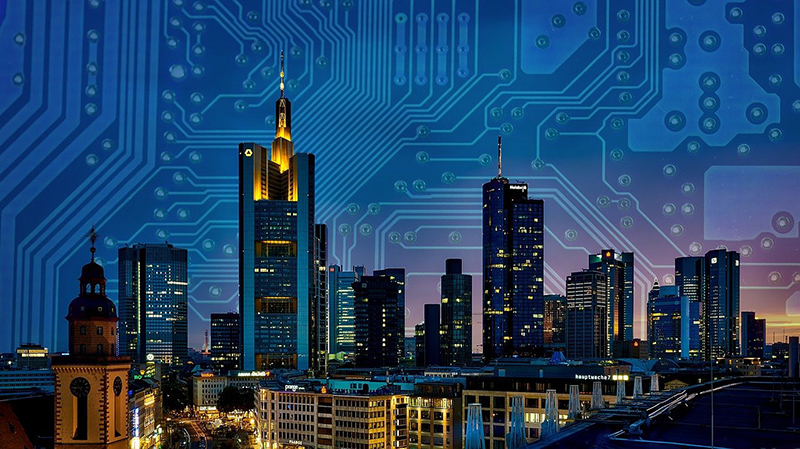The current state of public safety and security practices has never been under more scrutiny than in the last 18 months, but why? How did it come to this and how do we adapt to evolve and move forward?
2020 and now 2021 has put security practices under the microscope like never before. From social media to mainstream media outlets, enormous pressure has been placed on law enforcement, governments and the security industry as a whole. It seems like everyone with a cell phone can produce a version of events depending on the angle they want the story to portray and who their target audience is.
Non-discriminatory, evidence-based security powered by artificial intelligence to not replace, but assist the security industry is the solution.
So why are the western countries such as the United States and United Kingdom becoming late adopters?
Western countries falling behind in security practices
Western countries have generally been renowned for their security practices, the United Kingdom and United States in particular have led the way for many years, but is that still the case for public safety anymore?
Look at the United Arab Emirates and Saudi Arabia, with the latter’s plans to develop NEOM. This is a $500billion project to develop a sustainable ‘mega-city’, with a focus on public safety and security through Artificial Intelligence – something the UK and United States are still burying their heads in the sand about.
The United States, in particular has generally been renowned for its public safety and security practices and has led the way for many years as a worldwide trailblazer for the security industry. However, it has also led industries before, that it fails to do so now – just look at the automotive industry. Is this just another business case study – a changing of the guard for the worldwide leaders in security?
So why are the UK and in particular the United States sleepwalking their way into security mediocrity and avoiding harnessing the power of Artificial Intelligence?
We can start by looking at the lack of ethical best practices for facial recognition and Artificial Intelligence analytics. This has well and truly been a bury your head in the sand moment from western countries. Depicting the use of AI as an Orwellian approach, when it instead should be regulated ethically with best practices.
Zero Federal Laws are governing the use of Facial Recognition and the fact some states have banned it, screams to the fact they need guidance, help and assistance to harness the technology for good. While Bridges v South Wales Police is a perfect example of technology being deployed in the UK, but without best practices in place – how long can this go on for?
A damning statistic, according to the Department of Homeland Security, is that eye-witness accounts are inaccurate 80% of the time. AI facial analytics are performing at less than 0.01 inaccuracy rates, at scale. This cannot continue to be ignored.
Refusing to evolve in any industry leaves you behind and with regard to the practices of public safety and security in western countries, they have more correlation with Blockbuster than Netflix in 2021.
Artificial Intelligence and collaborative security evolution
The reluctance – some label as ‘Techphobia’ – stems from the lack of AI standards, including the use of facial recognition. The US and UK have previously had few companies that can compete or be classed as ‘world-leading’ in the field of artificial intelligence – in particular AI-powered software analytics ran from surveillance cameras. This provides some explanation as to why they have been late to the party.
Surveillance cameras provide an invaluable asset to critical infrastructures, cities, stadiums and more, but are enormously underutilised. Adding artificial intelligence to them is an extremely cost-effective way to not replace current security practices, but empower them.
Now, proven technologies, such as US-based IREX.ai, have the ability to assist local governments, cities, airports, metros, stadiums and other critical infrastructures with vital tools, such as Google-like searches for individuals, vehicles and events on all connected surveillance cameras.
Stakeholders can now receive filtered alerts for when a wanted individual appears, missing child appears or when a particular event happens under surveillance, ensuring the appropriate personnel are receiving the relevant data in real time. When a child goes missing, the approach has seen billboards and photos on milk cartons in the past. Now, we put their information in a database, ensuring the cameras never sleep in order to try and find a person of interest.
The time is now
Would it surprise you to know Blockbuster had the option to buy Netflix for $50 Million? They turned down the opportunity as Blockbuster couldn’t see value in the future of streaming. Netflix is now currently worth an estimated $125 Billion.Artificial Intelligence isn’t here to replace law enforcement or the security industry, it’s here to assist and help bring a safer, more secure future for our public.


